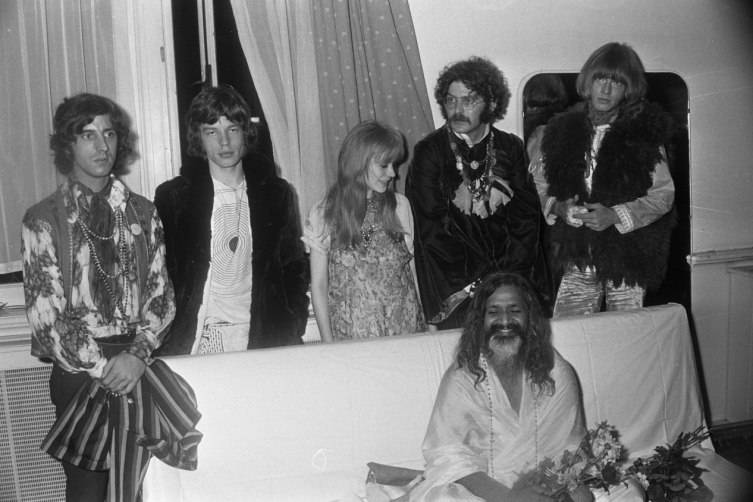The health benefits of meditation include lower blood pressure, increased serotonin production, more energy, and improvements in the immune system. The mental health benefits of meditation include reduced anxiety, better stress management, and better sleep. Practitioners also cite increased social connections, creativity, and vitality. The most important thing for a meditation practice is a consistent practice: one or two daily minutes spent in meditation constitute a type of practice. Longer time spans or interest in advanced techniques can come later.
The best form of meditation for you is the one that works for you today and allows you to have a consistent, if short, practice. Available to the modern meditator are ancient traditional forms, modern forms, and ever-emerging hybrids. Here are just five examples of more popular meditation practices to try.
Mindfulness-Based Stress Reduction
Mindfulness Based Stress Reduction is a meditation technique developed by John Kabat-Zinn in 1979 at the University of Massachussets Medical Group. It has been used at many hospitals and health clinics since then. The practicioner sits either on the floor or in a chair, and focuses on the incoming and outgoing breaths. The practicioner can either continue to focus on the breath, or start to focus, accept, and pay attention to his present situations, sensations, thoughts, feelings, emotions, comforts, and discomforts as they arise and without judgement. This creates the practice of mindfulness in every day life, where the practicioner hopes to be fully immersed in his daily activities: speaking, eating, walking, working, rather than operating on an automatic mode.
Transcendental Meditation
Transcendental Mediation is a form of Mantra Meditation which was originally introduced by Maharishi Mahesh Yogi in 1955 in India and in the West. Transcendental Medition is taught exclusively through a trained TM teacher, and involves the repetition of a mantra for 15 to 20 minutes twice daily, while sitting with the eyes closed.
Zen
Zen meditation has its roots in the Chinese Zen Buddhist tradition. It is traditionally practiced seated in lotus position on the floor, but can just as easily be practiced seated in a chair. The practicioner folds his hands into his lap, either closes his eyes or directs his gaze two or three feet in front of him, and then focuses either on the movement of the breath or performs an effortless presense meditation, where the practicioner uses no specific object of meditation, but just observes the contents of his mind and his surroundings. Zen meditation groups are usually easy to find and the feeling of community can be a great help for those who choose to develop a Zen meditation practice.
Kundalini
Kundalini meditation is a complex practice that is usually undertaken with the help of a trained teacher. The goal is to awaken and use the kundalini energy that lies dormant at the base of the spine. This energy then passes through different centers of the body, until its free flow allows the practitioner to attain enlightenment. Kundalini meditation practice is as varied as yoga asana practice, and could take years to master.
Guided Meditation

Guided meditation is a modern phenomenon, and may be an easier form to practice for the practitioner who has trouble stilling his or her mind with will power. Guided meditiaton usually involves a form of audio, and sometimes audio and video. The voice of the teacher guides the practioner into creative and soothing visualizations, and has become increasingly popular in recent years. The Headspace app is a good start and can be useful in addressing specific ailments, such as working though traumas or relaxing the body and mind in preparation for sleep.


























